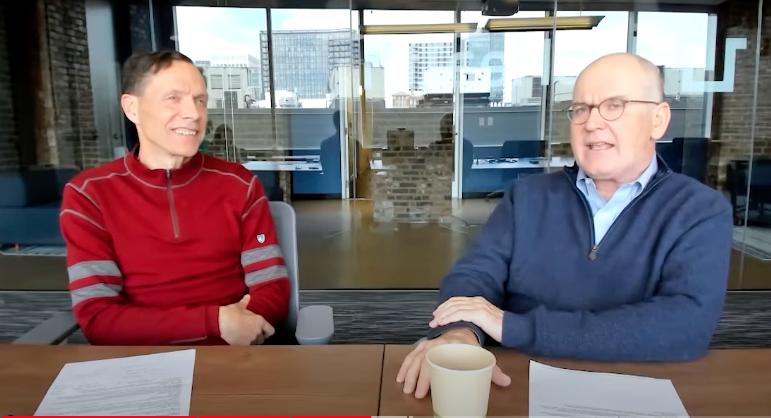A Youtube Series with Don Rucker
1upHealth is excited to bring you our YouTube series with Dr. Don Rucker – Transforming Healthcare Data! As our Chief Strategy Officer and the Former National Coordinator for Health IT, Dr. Rucker has a wealth of knowledge on all things data, interoperability, and the future of healthcare.





